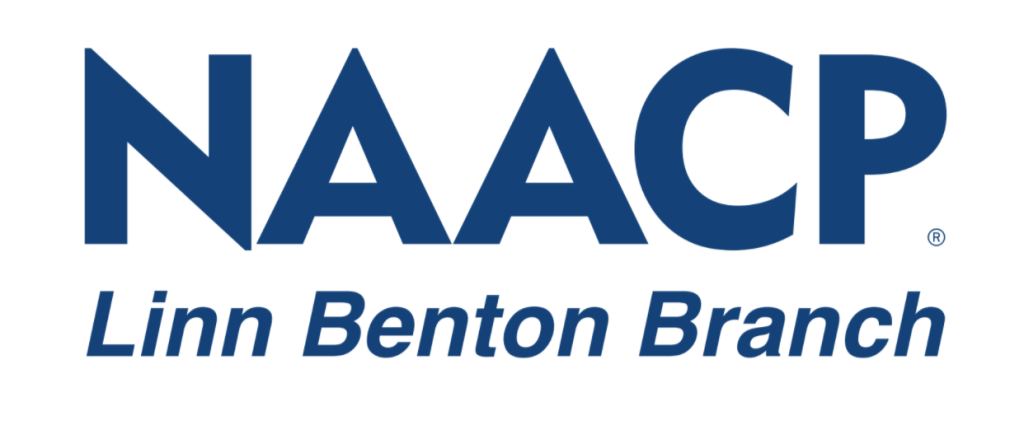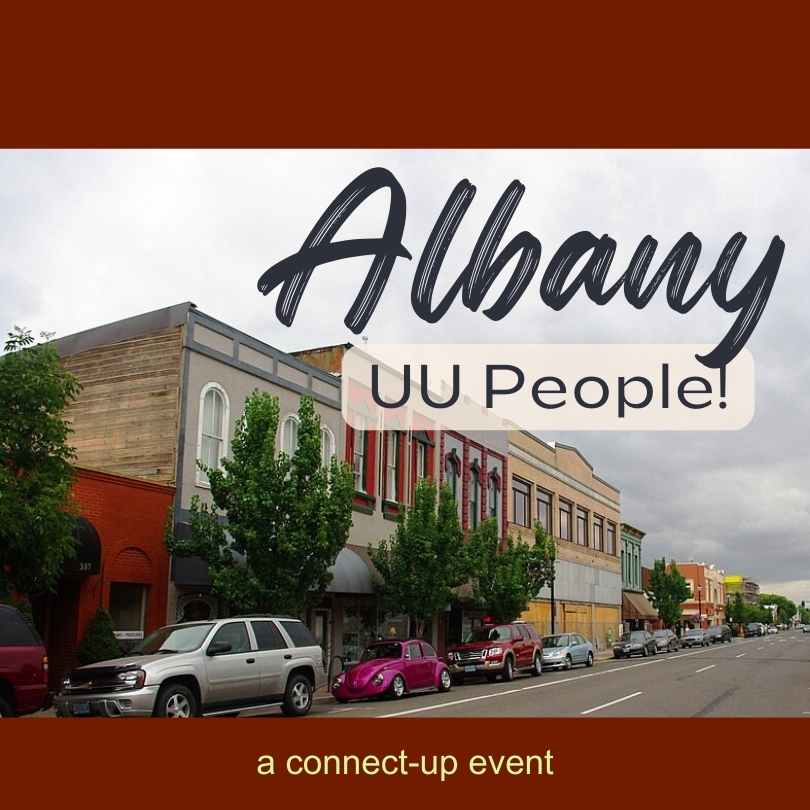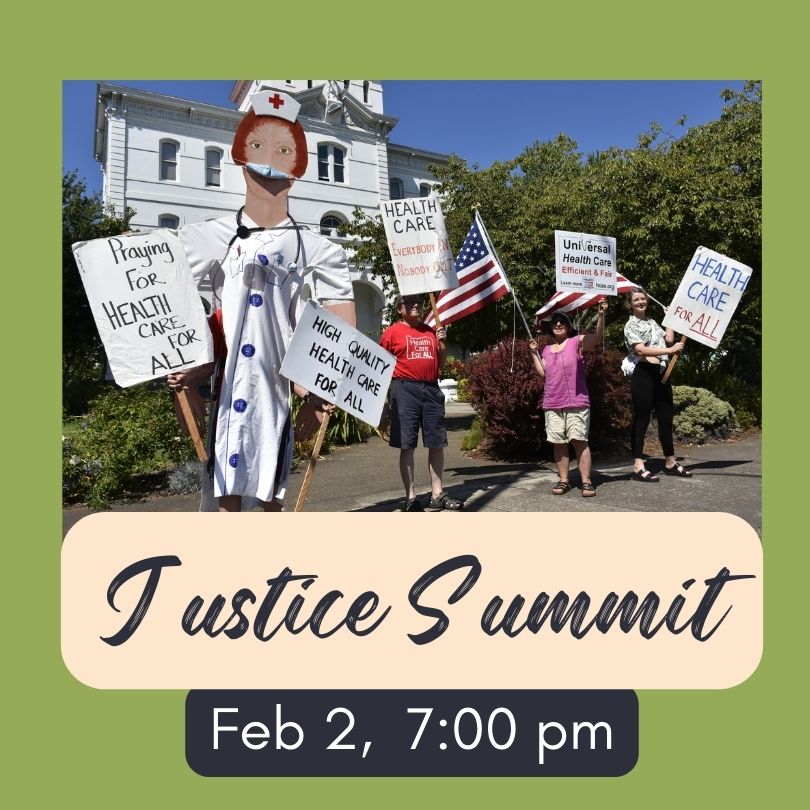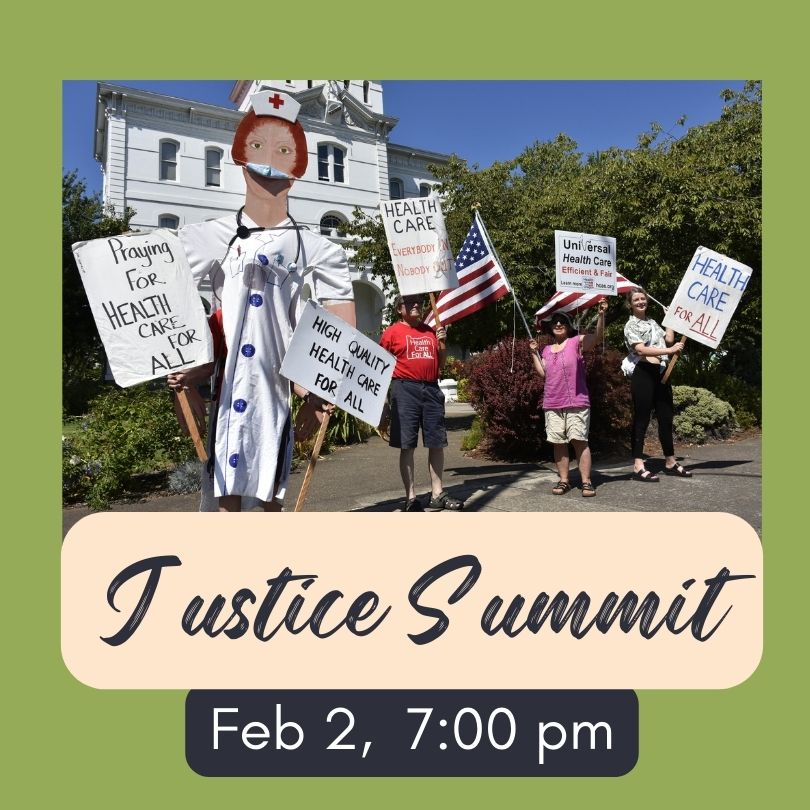Do it Your Way: The Climate Action Team invites and encourages us all to renew our dedication to climate action and climate justice and our celebration of the interdependent web of all existence. Do this in the ways that work for you and yours. Happy New Year.
Podcasts recommended by Katharine Hayhoe: Warm Regards podcast, How to Save a Planet podcast, & No Place Like Home podcast. These have wrapped up their programming, but it’s never too late to binge! Co-hosted by some of Katharine Hayhoe’s favorite women colleagues – Jacquelyn Gill, Ayana Elizabeth Johnson, Mary Anne Hitt, and Anna Jane Joyner – they take a deep dive into the heart of how we feel about the climate crisis, why it matters, and what we can all do about it.
Inside Climate News (ICN): ICN Newsletters deliver climate news to your inbox like nobody else. Every day or once a week, original stories and digest of the web’s top headlines deliver the full story, for free: ICN Weekly, Inside Clean Energy, Today’s Climate, & Breaking News. Subscribe to the Inside Climate News website
Looking Back
- Good News. We started sharing “Good News” on Sat 9 Apr, 2022. We presented 22 pages of linked Good News stories in 2022 and 34 pages in Good News stories in 2023. There is indeed lot’s of bad news, but also so much good! On 11/1/23, we started tracking the number of times Good News is clicked, and as of 12/28, the tally is 56.
- Climate Action Opportunities. These began on Sat 25 Feb, 2023, and since then shared 136 Opportunities. Since 11/1/23, Opportunities have been clicked 58 times as of 12/28.
- Of Note.Since Sat 18 Mar, 2023 we have shared 12 pages of linked science-based climate resources. As of 12/28, these have been clicked 33 times since 11/1/23
- CATweek. Started on Sat 2 Sep, 2023. As of 12/28, there are 37 subscribers to this weekly Email. To date, the email has been opened 306 times.
Cheers, Michael
The one thing we need more than hope is action. Once we start to act, hope is everywhere.
Greta Thunberg












